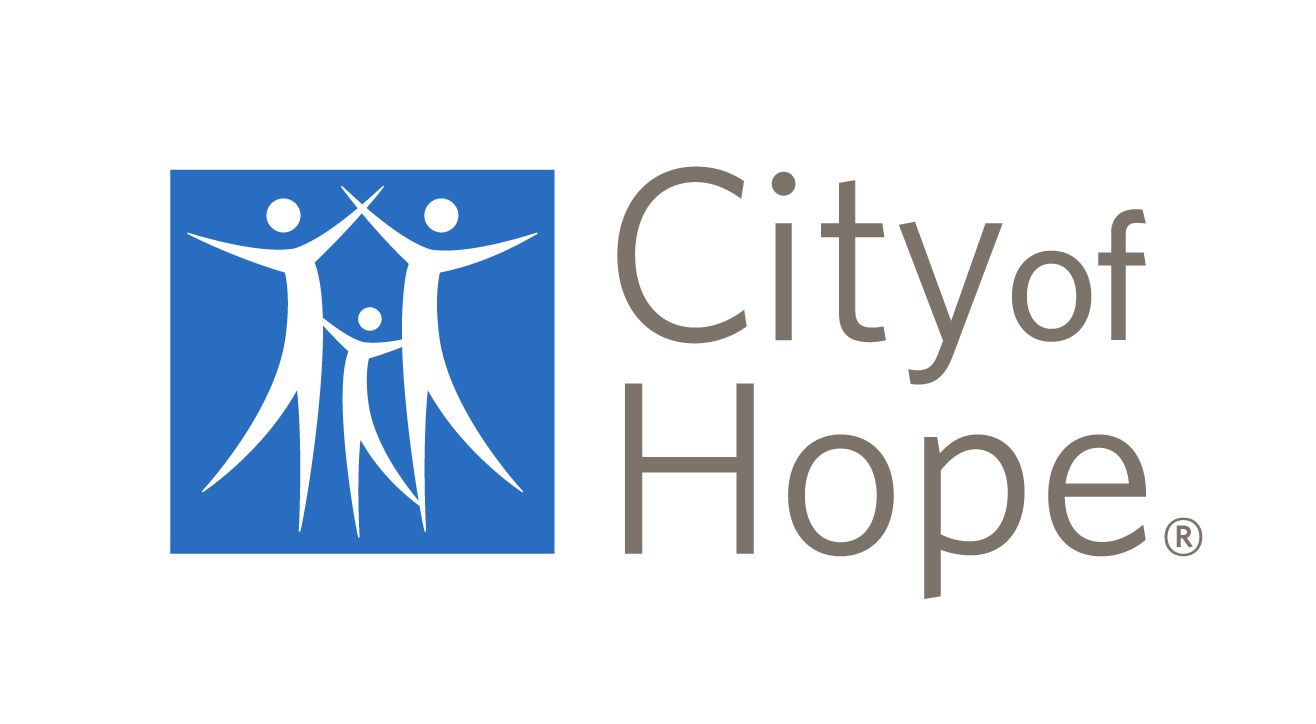- Advertise
- About OncLive
- Editorial Board
- MJH Life Sciences brands
- Contact Us
- Privacy
- Terms & Conditions
- Do Not Sell My Information
2 Clarke Drive
Suite 100
Cranbury, NJ 08512
© 2025 MJH Life Sciences™ and OncLive - Clinical Oncology News, Cancer Expert Insights. All rights reserved.
Simeone and Fakih Detail Research Objectives With A2B530 in CEA-Expressing Solid Tumors
Drs Simeone and Fakih discuss the main objective and design of the observational BASECAMP-1 study and how it functions alongside the EVEREST-1 study, which is evaluating the autologous CAR T-cell therapy A2B530 in patients with CEA-expressing solid tumors that have lost HLA-A*02 expression.
Welcome to OncLive On Air®! I’m your host today, Kyle Doherty.
OncLive On Air is a podcast from OncLive®, which provides oncology professionals with the resources and information they need to provide the best patient care. In both digital and print formats, OncLive covers every angle of oncology practice, from new technology to treatment advances to important regulatory decisions.
In today’s episode, sponsored by A2 Biotherapeutics, we had the pleasure of speaking with Diane M. Simeone, MD, and Marwan G. Fakih, MD, about the main objective and design of the observational BASECAMP-1 study (NCT04981119), and how it functions alongside the phase 1/2 EVEREST-1 study (NCT05736731), which is evaluating the autologous CAR T-cell therapy A2B530 in patients with carcinoembryonic antigen (CEA)–expressing solid tumors that have lost HLA-A*02 expression. Dr Simeone is the Laura and Isaac Perlmutter Professor of Surgery in the Department of Surgery and a professor in the Department of Pathology at NYU Grossman School of Medicine, as well as the director of the Pancreatic Cancer Center and associate director of Translational Research at the Perlmutter Cancer Center, all in New York, New York. Dr Fakih is the Judy & Bernard Briskin Distinguished Director of Clinical Research, a professor in the Department of Medical Oncology & Therapeutics Research, the associate director for clinical sciences, the codirector of the Gastrointestinal (GI) Cancer Program, division chief of GI Medical Oncology, and the medical director of the Judy & Bernard Briskin Center for Clinical Research at City of Hope in Duarte, California.
A2B530 was designed using the novel, logic-gated T-cell therapy platform Tmod. These agents contain an activating receptor—either a CAR or a T-cell receptor—that recognizes an antigen on the surface of tumor cells. Specifically, it recognizes CEA and an inhibitory receptor (also known as a blocker) based on the LIR-1 protein that is designed to enhance the tumor specificity of the agent. The blocker portion of A2B530 leverages loss of heterozygosity of the antigen HLA-A*02 to prevent the CAR from affecting healthy tissues.
BASECAMP-1 is a noninterventional screening trial enrolling patients with advanced solid tumors who could be candidates for treatment with A2B530 in EVEREST-1. Patients must be germline HLA-A*02 heterozygous by HLA typing and have confirmed somatic loss of heterozygosity by next generation sequencing. In part 1, approximately 1000 participants will be screened, which will include HLA typing. Then, based on the results of the HLA screening, approximately 500 participants will have next-generation sequencing (NGS) on their archived tumor tissue samples and be followed for up to 2 years on the study. In part 2, based on tumor NGS findings, participants will be apheresed for peripheral blood mononuclear cell (PMBC) collection to store their T cells for use in EVEREST-1 upon relapse. After collection, PMBCs will be enriched for T cells and cryopreserved for future manufacturing of A2B530, with no further genetic testing performed. Archival tumor slides will be obtained for immunohistochemistry. Post-apheresis safety follow-up will last 7 days.
Patients who match the specific inclusion criteria of loss of HLA-A*02 expression and CEA overexpression will be eligible for EVEREST-1. The stored T cells from BASECAMP-1 will be used to manufacture A2B530. EVEREST-1 is aiming to enroll approximately 160 adult patients with recurrent unresectable, locally advanced, or metastatic solid tumors that express CEA and do not express HLA-A*02. Tumor types that will make up the trial include pancreatic, colorectal, and non–small cell lung cancers.
In our exclusive interviews, first, Dr Fakih discussed the design of BASECAMP-1, including the importance of identifying patients with tumor HLA-A*02 loss of heterozygosity, barriers to enrollment, and how eligible patients will progress from BASECAMP-1 to EVEREST-1. Then, Dr Simeone discussed the barriers to managing solid tumors with CAR T-cell agents, how the unique design of A2B530 could overcome these barriers, and the design and potential clinical impact of EVEREST-1.
___
That’s all we have for today! Thank you for listening to this episode of OncLive On Air, sponsored by A2 Biotherapeutics. Check back on Mondays and Thursdays for exclusive interviews with leading experts in the oncology field.
For more updates in oncology, be sure to visit www.OncLive.com and sign up for our e-newsletters.
OncLive is also on social media. On Twitter, follow us at @OncLive. On Facebook, like us at OncLive, and follow our OncLive page on LinkedIn.
If you liked today’s episode of OncLive On Air, please consider subscribing to our podcast on Apple Podcasts, Spotify, Google Podcasts, Amazon Music, and many of your other favorite podcast platforms,* so you get a notification every time a new episode is posted. While you are there, please take a moment to rate us!
Thanks again for listening to OncLive On Air.
*OncLive On Air is available on: Apple Podcasts, Google Podcasts, Spotify, Amazon Music, Audacy, CastBox, Deezer, iHeart, JioSaavn, Listen Notes, Player FM, Podcast Addict, Podchaser, RadioPublic, and TuneIn.


